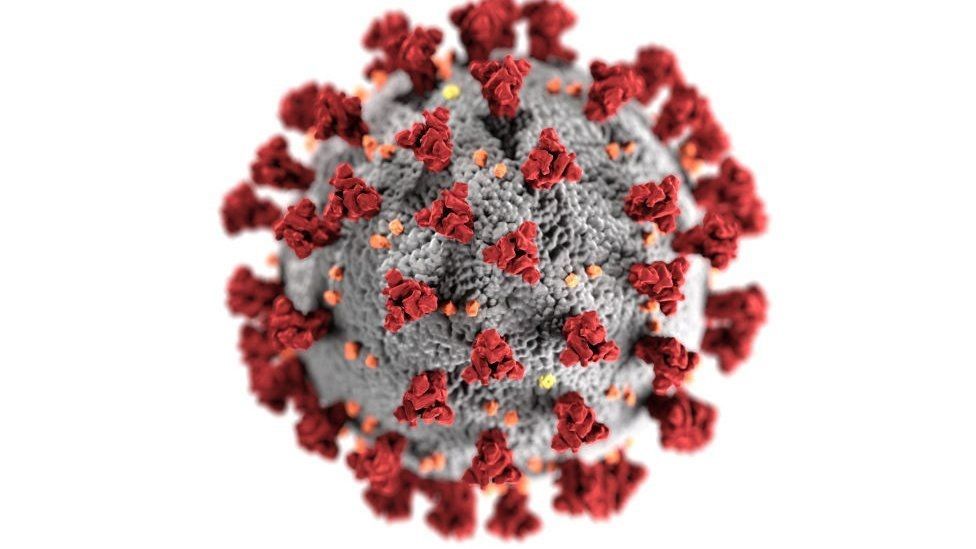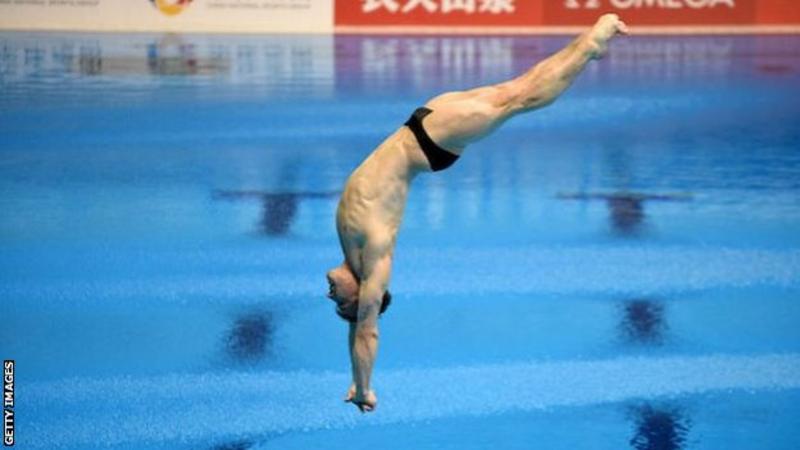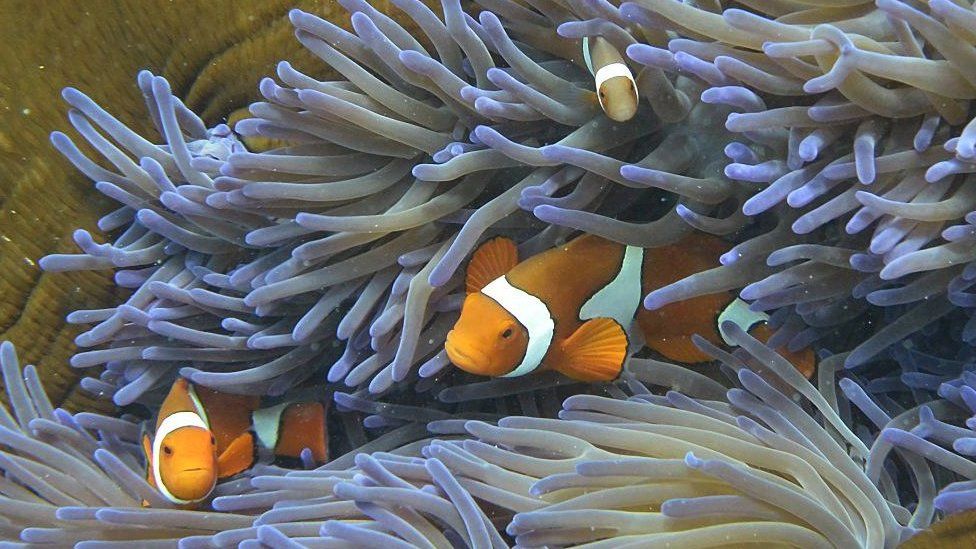Secrets of tiny diving mammals revealed

By Victoria Gill, June 15: Biologists have uncovered the genetic secrets of the world's smallest diving mammals - water shrews.
Using DNA samples to construct an evolutionary tree, scientists revealed that diving behavior evolved five distinct times in this group of insect-eating mammals.
The ability of these tiny, warm-blooded animals to dive and hunt in freezing water seems to defy evolutionary logic.
The findings are published in the online journal eLife.
To track this surprising evolutionary journey, the scientists collected DNA samples from 71 different species all belonging to a large group of related, insect-eating mammals, collectively called Eulipotyphla.
That Latin term translates to "the truly fat and blind"; it is a group of mammals that includes hedgehogs, moles, and shrews.

Water shrews belong to an order of mammals called Eulipotyphla, which translates as "the truly fat and blind", R A MACARTHUR/K L CAMPBELL
"We sample specimens from all over the world," said lead researcher Dr Michael Berenbrink, from the University of Liverpool.
Once he and his colleagues had created their Eulipotyphla family tree - building the genetic code into a detailed picture of the relationship between each species - they were able to use that information to track the evolution of diving behavior.
"We mapped the evolution of a single protein, called myoglobin, that stores oxygen in the muscle," explained Dr Berenbrink.
"We can see a genetic signature [in the DNA] that shows us when this key protein increased in abundance in the animals' muscles."
He explained that this is the change needed for an animal to store more oxygen in its muscles, so it can hold its breath underwater and hunt. That "diving signature" occurred five distinct times in this group of animals.
"It evolved three times in the shrews and twice in the moles," Dr Berenbrink added.
"The genetic sequence of just one protein tells us so much about the lifestyle of these animals that we couldn't figure out from fossils."
He added that the genetic study had provided a fascinating insight into the evolution of mammals that appear to be "the least equipped for diving".
"They're so tiny, they lose heat so quickly, and they're burning energy at such a high rate, so they have these very high costs," he explained. "But they can afford that because there are huge gains of having the access to all the insect larvae [in rivers and streams].
"It just shows us what nature can really do."
Recent News

Do not make expressions casting dout on election: EC
14 Apr, 2022
CM Bhatta says may New Year 2079 BS inspire positive thinking
14 Apr, 2022
Three new cases, 44 recoveries in 24 hours
14 Apr, 2022
689 climbers of 84 teams so far acquire permits for climbing various peaks this spring season
14 Apr, 2022
How the rising cost of living crisis is impacting Nepal
14 Apr, 2022
US military confirms an interstellar meteor collided with Earth
14 Apr, 2022
Valneva Covid vaccine approved for use in UK
14 Apr, 2022
Chair Prachanda highlights need of unity among Maoist, Communist forces
14 Apr, 2022
Ranbir Kapoor and Alia Bhatt: Bollywood toasts star couple on wedding
14 Apr, 2022
President Bhandari confers decorations (Photo Feature)
14 Apr, 2022








